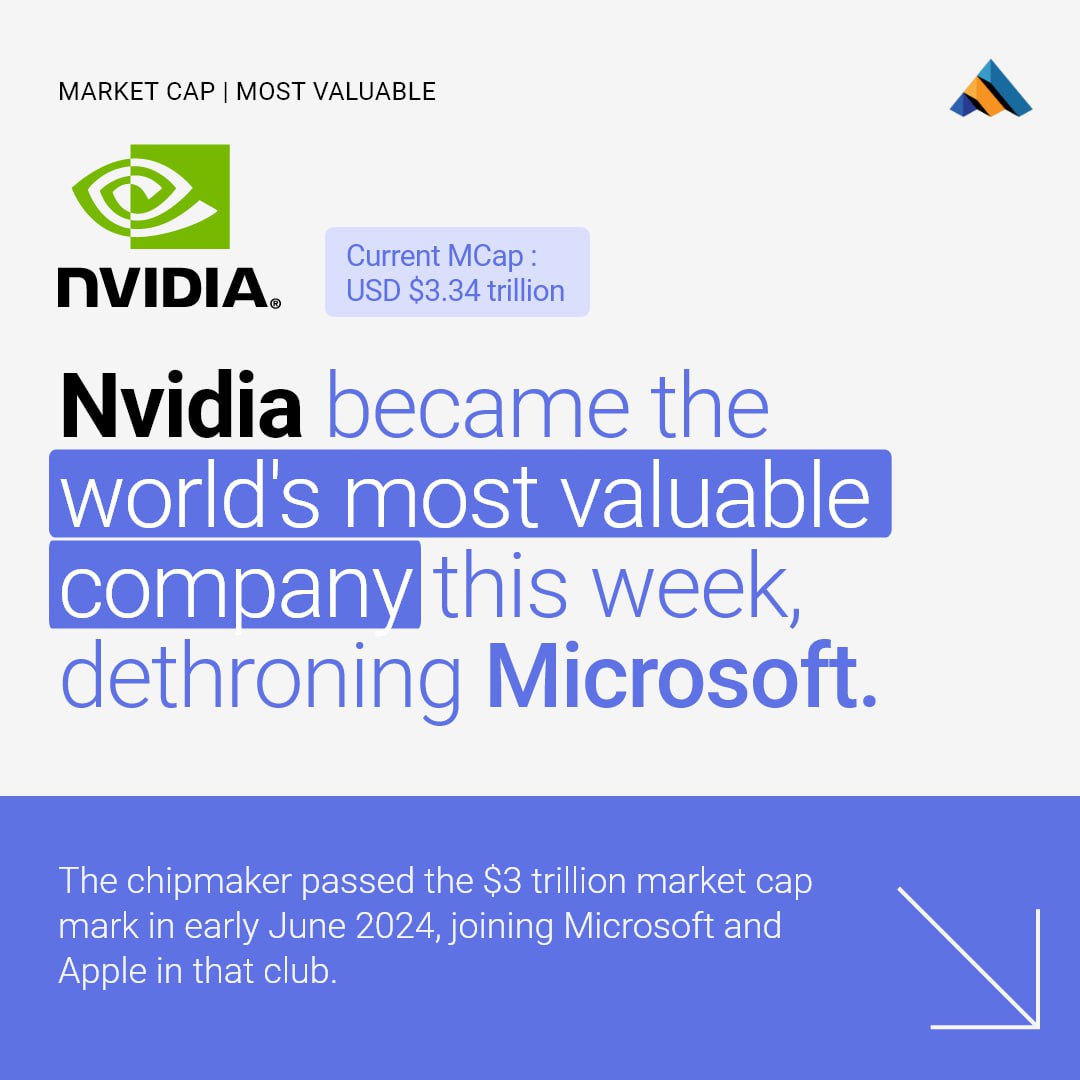
Microsoft Shakes Up Cloud AI
London: 17 May 2024 (TraderMade): The cloud computing landscape for artificial intelligence (AI) just got a shot at competition. Microsoft announced plans to offer its Azure cloud customers access to AMD's high-performance AI chips, providing an alternative to the dominant Nvidia GPUs. This move could shake things up for both chipmakers and cloud service providers.
Key Takeaways
- Microsoft will offer AMD's AI chips as an alternative to Nvidia GPUs on Azure.
- Increased competition could lead to lower costs for cloud-based AI workloads.
- Project Cobalt hints at Microsoft's ambitions in developing custom AI hardware.
Breaking the Nvidia Grip: A Wider Choice for Azure Users
Traditionally, Nvidia's powerful graphics processing units (GPUs) have been the go-to option for cloud-based AI workloads. However, with AMD entering the ring, Azure users will have more flexibility and, potentially, more competitive pricing options.
- AMD EPYC chips with the MI300X accelerators will be offered through Azure, providing a strong alternative to Nvidia's H100 GPUs.
- This move could lead to increased competition and potentially lower costs for AI workloads on the cloud.
Beyond AMD: Unveiling Project Cobalt for the Future
While AMD provides a strong present solution, Microsoft also hinted at its plans. The company is developing its own custom AI chip codenamed
- Project Cobalt. Details are scarce, but it suggests Microsoft's long-term vision of a more independent AI hardware ecosystem within Azure. Project Cobalt signifies Microsoft's commitment to developing its own AI hardware solutions.
- This decision could further disrupt the cloud AI market in the coming years.
A More Competitive Future for Cloud AI
Microsoft's move to embrace AMD is a positive development for the cloud AI market. With more options and potential cost benefits, businesses will have greater flexibility when building and deploying AI solutions.
Additionally, Project Cobalt suggests a future where cloud providers offer a wider range of AI hardware options, fostering innovation and potentially driving down costs even further. This increased competition can only benefit the users – the businesses and developers who rely on cloud AI to power their operations.



